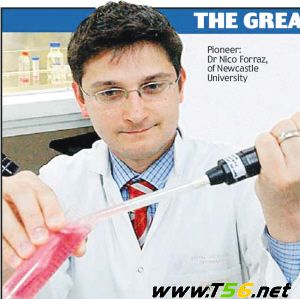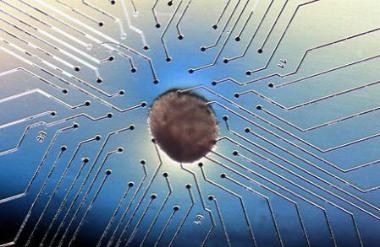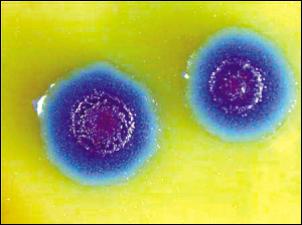LEGAL AND ETHICAL ISSUES |
||
Artificial organs are currently legal as of now, but many ethical issues are growing.CURRENT ISSUES AND POSSIBLE RESOLVES Just like the average organ a replacement artificial substitutes for tissues and organs pose many inconveniences, like ethical issues involving procurement of organs and tissues. Although many synthetic companies are closed down in the first few months due to financial problems people don't really understand that synthetic organs would actually be better in terms of procurement. Buying and selling human organs and tissues have become a big problem for one thing. The media and publicity, as well as types of consent all pose ethical problems. Fear, confusion and the need for education also play a major role in the scheme of things, as people can not make proper decisions without the proper knowledge and these things are costly. The donor of any organ has to be checked for deceases and knowledge of living people. What we really need to do is ask are selves is what's most important to us, and of course that would be ourselves. So the best way to save people would be first to think. As we know bioprinting synthetic organs would be the good way, but is it really best way? That is what many scientists and governments are thinking about. Some people think that this way is unethical. In the anciently age it was hard for people to image that we human beings could create living cells and human cells for people who need them. Now we can make it come true, which is a result of our world and it is growing progress. Why not invest in new technology to create happiness for ourselves? Selling and buying illegal organs would be a big legal issue, but scientists could overcome that.

What should we do for solving the issues that we have now? Selling and buying illegal organs should be prohibited. What's more any black markets hiding out there should be prohibited, so that we can cut off the way to selling and buying of illegal organs. Then of course on the outside of it all, to the average person there seems to be little reason to question the ethics behind transplanting organs, but this is just by appearance because under the surface lurks many dilemmas and controversies. Lying at the heart of all the issues involving organ transplantation are the two questions of procurement and distribution. As basic as that might sound the question of how someone might collect the organs, or how someone might decide who will receive the implants in the first place. HEADING BACK TO DISTRIBUTION As far as distribution, everyone needs to pay the bill in order to receive the transplant, which is why the poor never undergo the process. Procurement is the other big one, because there is an important issue of people disagreeing when"death"occurs. As we know in biotechnology, cloning is another big issue, especially the cloning of humans. Human cloning is the creation of a genetically identical copy of a human's cells, along with a copy of the human's tissue. There are two commonly discussed types of human cloning: therapeutic cloning and reproductive cloning. Therapeutic cloning involves cells from an adult for use in medicine and is an active area of research, while reproductive cloning would involve making cloned humans. Such reproductive cloning has not yet been preformed and is illegal in many countries. The United Nations, Australia, European Union, United States, and the United Kingdom had all passed the laws to prohibit human reproduction. Personally I think that the use of cloning for human reproduction is dangerous and violates the laws of nature. In the end death and life are apart of the natural circulation, but that doesn't mean that we can't improve are way of life threw biotechnology. |
 Image from http://www.t56.net/ Even though synthetic organs are a concept that could very well be one of the biggest human achievements since a man landing on the moon, or breaking down the genetic code many companies are having difficulties getting the project to be funded. Many companies that try to develop synthetic organs are closed down, and that is because biotechnology is a business that is made up of three parts. The first being science, the second is of course that it's a business, and the third is government. Now a scientist has to be careful at this time because you can't have one of the three without having problems.  These legal and ethical issues should can not be neglected. Or else we will have "doused areselves in prtroleum and set fire" that is a Chinese idiom. In a word, solving these issues is the key for using biotechnology in the most relevant way. "As far as distribution, everyone needs to pay the bill in order to receive the transplant"  |
|